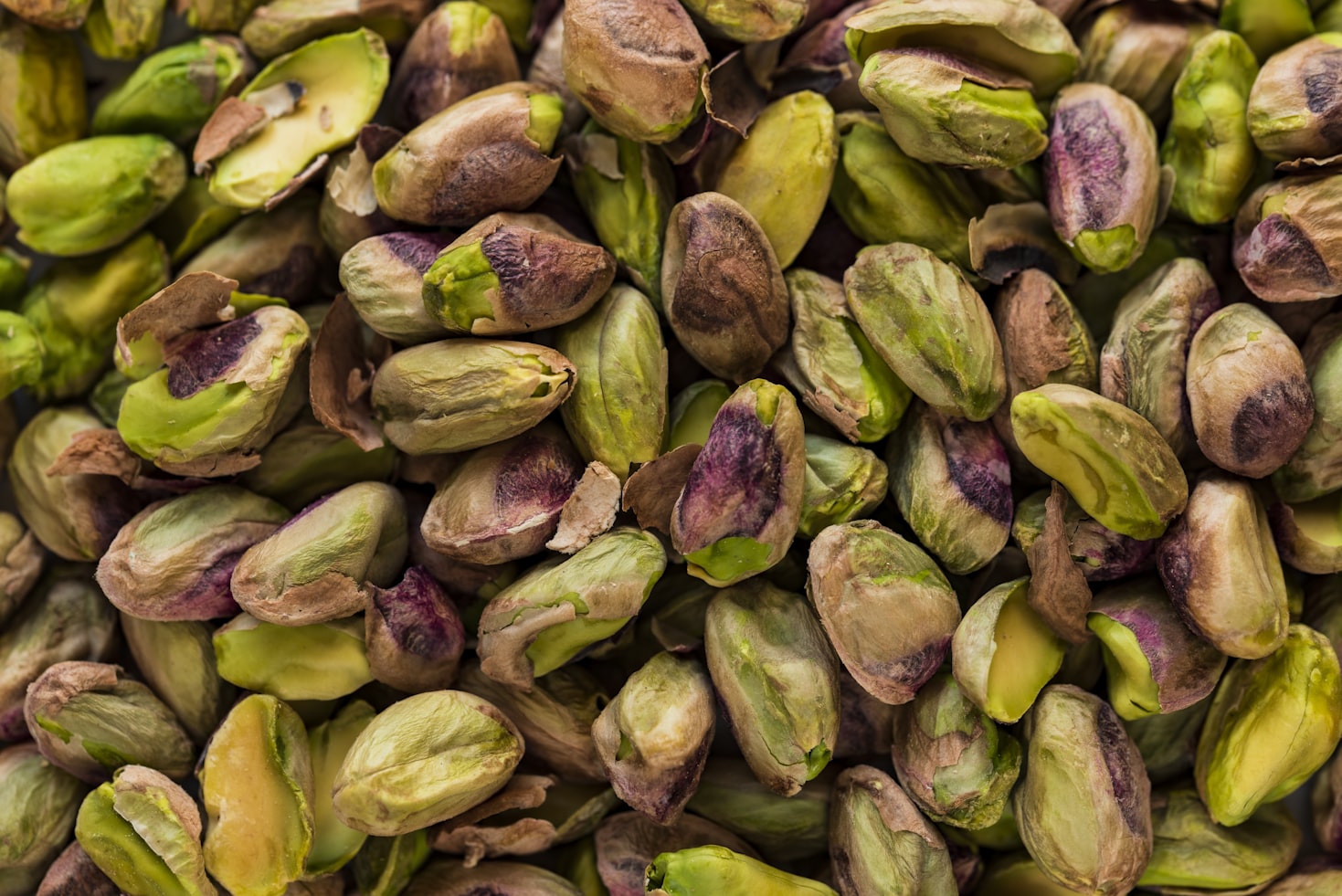Is Kombucha Keto Friendly?
Kombucha has gained popularity in recent years as a health drink with numerous potential benefits. However, for those following a ketogenic diet, it is essential to understand whether kombucha is keto-friendly. In this article, we will explore the nutritional composition of kombucha, its potential impact on ketosis, and provide valuable insights for individuals on a keto diet.
The Basics of Kombucha
Kombucha is a fermented tea beverage that has been consumed for centuries. It is made by fermenting sweetened tea with a symbiotic culture of bacteria and yeast (SCOBY). During the fermentation process, the SCOBY consumes the sugar in the tea, producing various organic acids, vitamins, and trace amounts of alcohol.
Nutritional Composition of Kombucha
When considering whether kombucha is keto-friendly, it is crucial to examine its nutritional composition. While the exact nutritional content may vary depending on the brand and brewing process, here is a general overview:
- Calories: Kombucha typically contains around 30 calories per 8-ounce serving.
- Carbohydrates: The carbohydrate content of kombucha can vary, but it usually contains 2-4 grams of carbohydrates per serving.
- Sugar: During the fermentation process, the SCOBY consumes most of the sugar in the tea. As a result, kombucha generally contains less sugar than traditional sweetened beverages. However, some residual sugar may remain, contributing to the carbohydrate content.
- Probiotics: Kombucha is rich in probiotics, which are beneficial bacteria that support gut health. These probiotics can aid digestion and promote a healthy immune system.
- Acids: Kombucha contains various organic acids, such as acetic acid and gluconic acid, which contribute to its tangy flavor. These acids may have potential health benefits, including improved digestion and detoxification.
- Antioxidants: Kombucha contains antioxidants, such as polyphenols, which can help protect against oxidative stress and inflammation.
Kombucha and Ketosis
For individuals following a ketogenic diet, the primary goal is to enter a state of ketosis, where the body burns fat for fuel instead of carbohydrates. To achieve and maintain ketosis, it is crucial to limit carbohydrate intake.
While kombucha does contain carbohydrates, the amount is relatively low compared to other sugary beverages. However, it is essential to consider the carbohydrate content of kombucha within the context of an individual’s overall daily carbohydrate limit on a keto diet.
For most people on a ketogenic diet, consuming 2-4 grams of carbohydrates from kombucha is unlikely to significantly impact ketosis. However, it is essential to track carbohydrate intake from all sources, including kombucha, to ensure it fits within the daily limit.
Factors to Consider
When determining whether kombucha is keto-friendly, it is essential to consider the following factors:
1. Serving Size
The carbohydrate content of kombucha can vary depending on the serving size. It is crucial to check the nutrition label and consider the number of servings consumed to accurately track carbohydrate intake.
2. Flavored Varieties
Some kombucha brands offer flavored varieties that may contain additional ingredients, such as fruit juice or honey, to enhance the taste. These flavored options may have higher carbohydrate content and should be consumed with caution on a ketogenic diet.
3. Homemade vs. Store-Bought
Homemade kombucha may have a lower carbohydrate content compared to store-bought options, as the fermentation process can continue for a longer duration, resulting in further sugar consumption by the SCOBY. However, the exact carbohydrate content can vary depending on the brewing process.
4. Individual Tolerance
Each person’s tolerance to carbohydrates can vary. Some individuals may be more sensitive to even small amounts of carbohydrates, while others may have more flexibility. It is essential to monitor blood ketone levels and individual responses to determine the impact of kombucha on ketosis.
Frequently Asked Questions (FAQ)
1. Can I drink kombucha on a keto diet?
Yes, you can drink kombucha on a keto diet, but it is crucial to consider the carbohydrate content and track it within your daily limit. Most kombucha varieties contain 2-4 grams of carbohydrates per serving, which is generally acceptable for most individuals on a ketogenic diet.
2. Will kombucha kick me out of ketosis?
Consuming kombucha in moderation is unlikely to kick you out of ketosis. However, it is essential to track your carbohydrate intake from all sources, including kombucha, to ensure it fits within your daily limit.
3. Can I drink flavored kombucha on a keto diet?
Flavored kombucha varieties may contain additional ingredients, such as fruit juice or honey, which can increase the carbohydrate content. It is crucial to check the nutrition label and consider the carbohydrate content of flavored kombucha before consuming it on a keto diet.
4. Is homemade kombucha better for a keto diet?
Homemade kombucha may have a lower carbohydrate content compared to store-bought options, but the exact carbohydrate content can vary depending on the brewing process. If you are on a strict keto diet, it is advisable to track the carbohydrate content of homemade kombucha as well.
5. Can kombucha help with weight loss on a keto diet?
Kombucha is a low-calorie beverage that can be a part of a balanced diet for weight loss. Its probiotic content may support gut health and digestion, which can indirectly contribute to weight management. However, kombucha alone is unlikely to cause significant weight loss on a keto diet.
6. Are there any potential side effects of drinking kombucha on a keto diet?
While kombucha is generally safe for consumption, some individuals may experience digestive issues, such as bloating or gas, due to its probiotic content. It is advisable to start with small amounts and monitor your body’s response. If you experience any adverse effects, it is best to consult a healthcare professional.
Summary
Kombucha can be enjoyed as part of a ketogenic diet, considering its relatively low carbohydrate content. However, it is crucial to track the carbohydrate intake from all sources, including kombucha, to ensure it fits within the daily limit. Factors such as serving size, flavored varieties, homemade vs. store-bought, and individual tolerance should be considered when incorporating kombucha into a keto diet. As with any dietary change, it is advisable to consult a healthcare professional or registered dietitian to personalize your nutrition plan and





